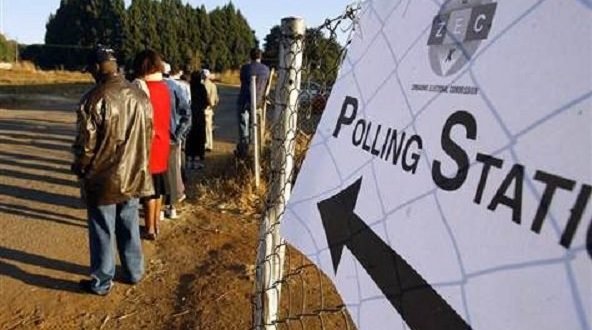Young people have implored civic society organisations and the Zimbabwe Electoral Commission (ZEC) to consider disseminating voter information early and not wait for a few months before the election.
ZEC which is tasked by the constitution to run elections in the country is usually underfunded which makes it difficult for them to carry out effective voter education.
As if that is not enough, organisations that would want to carry voter education are required to seek approval from ZEC.
At times the approvals take long to come thereby affecting the effectiveness and in most cases, the organisations wait for a period towards the polls.
However, young feel bringing a lot of information during the election period does not work for them as there are factors that would need to be considered.
They said they want voter information to be a continuous thing so that they can be able to make informed decisions.
Speaking during a Twitter Spaces organised by the Vendors Initiative Social Economic Transformation (VISET), one of the young persons that participated Prosper Masibi said ZEC should utilise this period and not wait for 2023.
‘’You were mentioning the experiences that we have had as young people with elections. My experience is like a breeze. The election things are like a breeze to us young people, they flood us with information during the last few months before elections.
‘’That is when most organisations, the government come in, and that is also when everyone comes in and they bombard us with a lot of things and a lot of information. Right now this is the period where we want to register to vote but the areas where are going to register to vote are too far from where we are as young people.
‘’The information that is there is not disseminated properly. I don’t know where ZEC voter registration satellite is going to be and when, so all those things are stumbling blocks to us as young people,’’ he said.
It’s hard to tell which electoral period we are in
According to Masibi, it is difficult to determine what period the country is in right now. He said there is not enough information to inform whether the country is in a pre-election, election period or post-election.
‘’Right now, where are we, are we in a pre-election period, are we in an election period, or are we in a post-election period? All those things should be articulated properly to us as young people.
‘’They say teach them while they are young, there is a bunch of people, thousands of them around, who didn’t participate in 2018 elections because of age limit, they were maybe 14 years old, but right now they are eligible to vote, but right now they are proper citizens they have got proper documentation, how are they being targeted? Is the information being disseminated properly, I don’t think so,’’ he said.
How should voter information be disseminated?
Asked how he thinks voter information should be disseminated to young people, Masibi said the government should use, social media and the same strategy it has used to disseminate COVID-19.
‘’I usually use the example of COVID-19. How did COVID-19 information reach all the spheres of the country? If we have those strategies that we used when we were cascading down information about COVID-19, it’s the same process.
‘’So, I will just say use social media, but I go back to the issue of putting that as a right when you put voting as a right which means even at school the conversation starts there.
‘’The schools, radio stations, social media and so forth but the pre thing is to have the conversation going don’t let it be a 2023 election thing, to say that is when we start talking about elections.
‘’After the elections in July 2018, of course, the topic was about the violence and so forth, but in 2019 no one was talking about elections anymore. So, I think it’s necessary to keep the ball rolling, the conversation going forever and ever because this is a continuous thing and if we stop talking about it right now, and say we are going to talk about it when we are approaching elections the voice won’t be that loud,’’ he said



